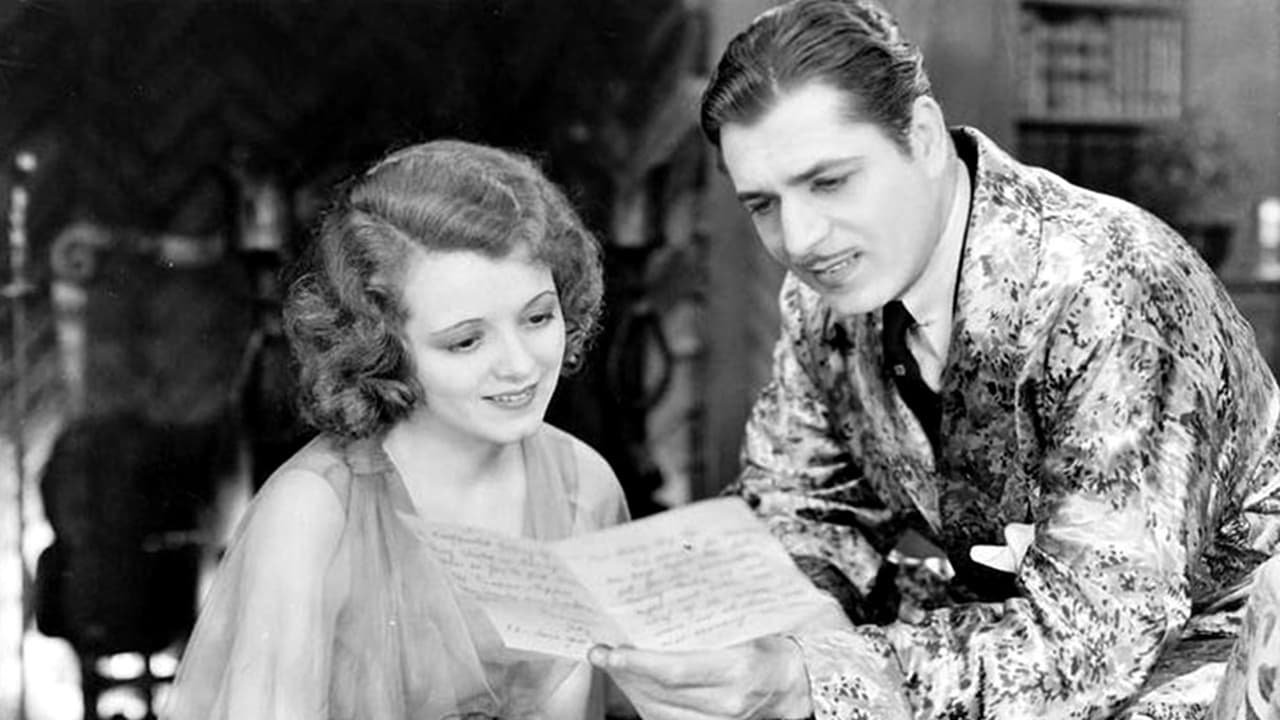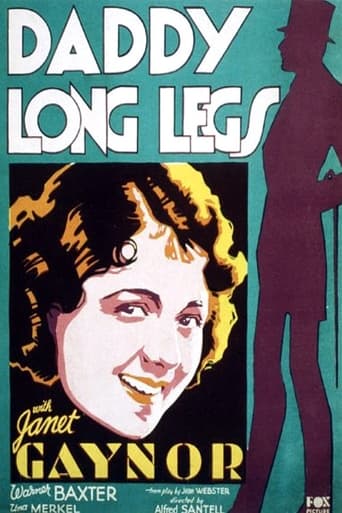TrueHello
Fun premise, good actors, bad writing. This film seemed to have potential at the beginning but it quickly devolves into a trite action film. Ultimately it's very boring.
F Gwynplaine MacIntyre
"Daddy Long-Legs" was originally a best-selling novel by Jean Webster, filmed in the silent era (starring Mary Pickford) and then remade several times in the sound era, notably as the Shirley Temple movie "Curly Top" (1935) and ultimately as a 1955 Fred Astaire musical. All the different versions have the same plot, with minor variations.Here's the plot: a well-to-do older man is beguiled by a girl in an orphanage, and he arranges to sponsor her education. The orphan girl doesn't know the identity of her benefactor, but another orphan catches a glimpse of him and says that he has long legs, so the orphan girl refers to her anonymous sponsor as "Daddy Long-Legs". Years later, as a young woman, she meets him. They fall in love and marry. Happy ending.There are two basic problems with this plot, in all (except one) of its various film versions: the girl is attracted to a man who's old enough to be her father, and he IS her father in a surrogate sense. Even worse, Daddy Long-Legs first becomes attracted to the girl when she's a minor: perhaps his original interest in her is genuinely paternal, but it definitely acquires a sexual tone by the time she reaches the brink of adulthood. Basically, the hero marries his own stepdaughter. Maybe this sort of daddy's-little-girl relationship was acceptable back in the Gilded Age, when Jean Webster's novel was written, but nowadays it's in bad taste.Janet Gaynor was an extremely popular ingenue in the late silent era and early talkie era, but her appeal has dated badly, and she's too bland for modern audiences. This 1931 remake of "Daddy Long-Legs" is possibly the worst of all this story's many versions: the film suffers from Gaynor's pale performance and a weak cast. By far, the best film version of "Daddy Long-Legs" is "Curly Top", starring Shirley Temple. That film is faithful to the original novel, but it deflects the Lolita issue by splitting the stepdaughter into two characters: the little-girl orphan played by Shirley Temple, and her (adult) older sister played by Rochelle Hudson. The hero (John Boles) directs all his romantic attentions towards Rochelle, while maintaining a fatherly relationship with little Shirley. Much better all round.Avoid watching the 1931 version of "Daddy Long-Legs", and rent a video of "Curly Top" instead. It's got the same basic story with a much better cast, and without the unpleasant Lolita undertones which all the other versions possess.TRIVIA NOTE: About 45 years ago, I saw (but didn't read) a hardback edition of Jean Webster's novel "Daddy Long Legs" with a cover illustration rendering the novel's characters as tiny figures, dwarfed in the immense shadow of a gigantic daddy-long-legs ... thus creating the weird (and false) impression that this is a science-fiction novel about giant arachnids or shrunken humans. I'd love to find another copy of that particular edition. Anybody seen it?

